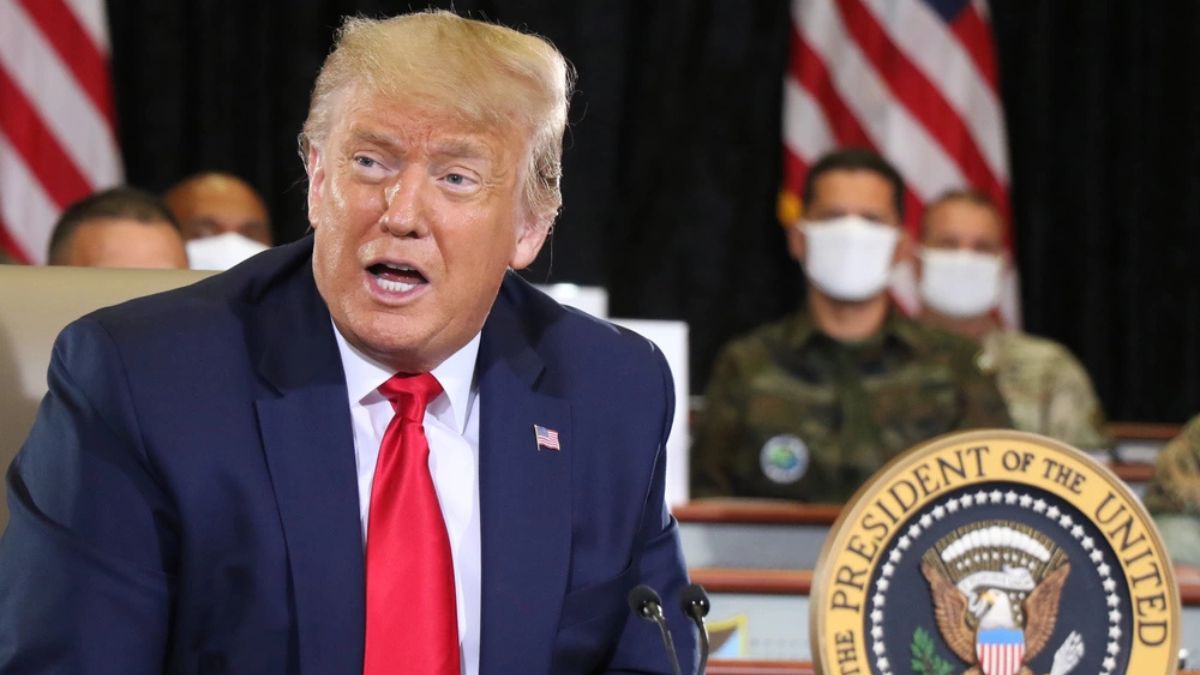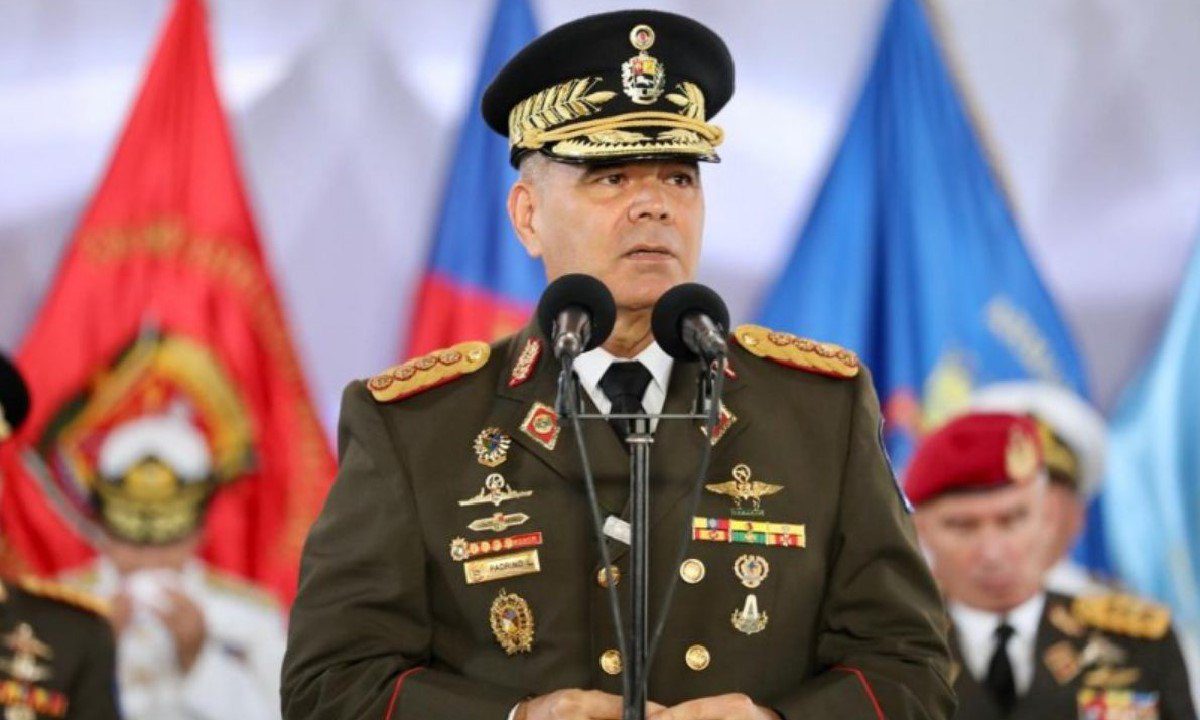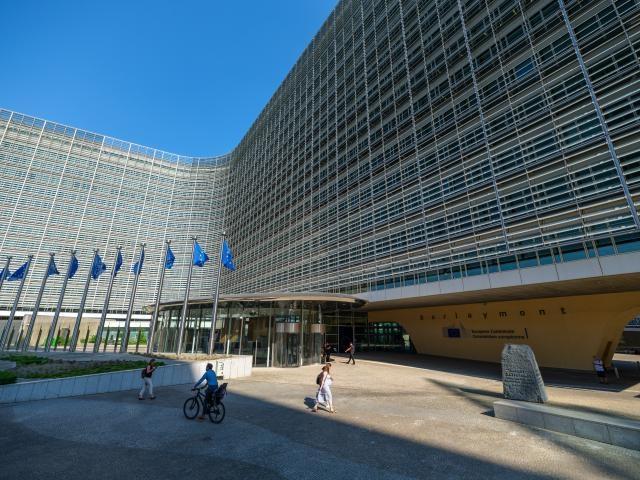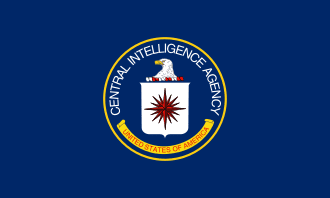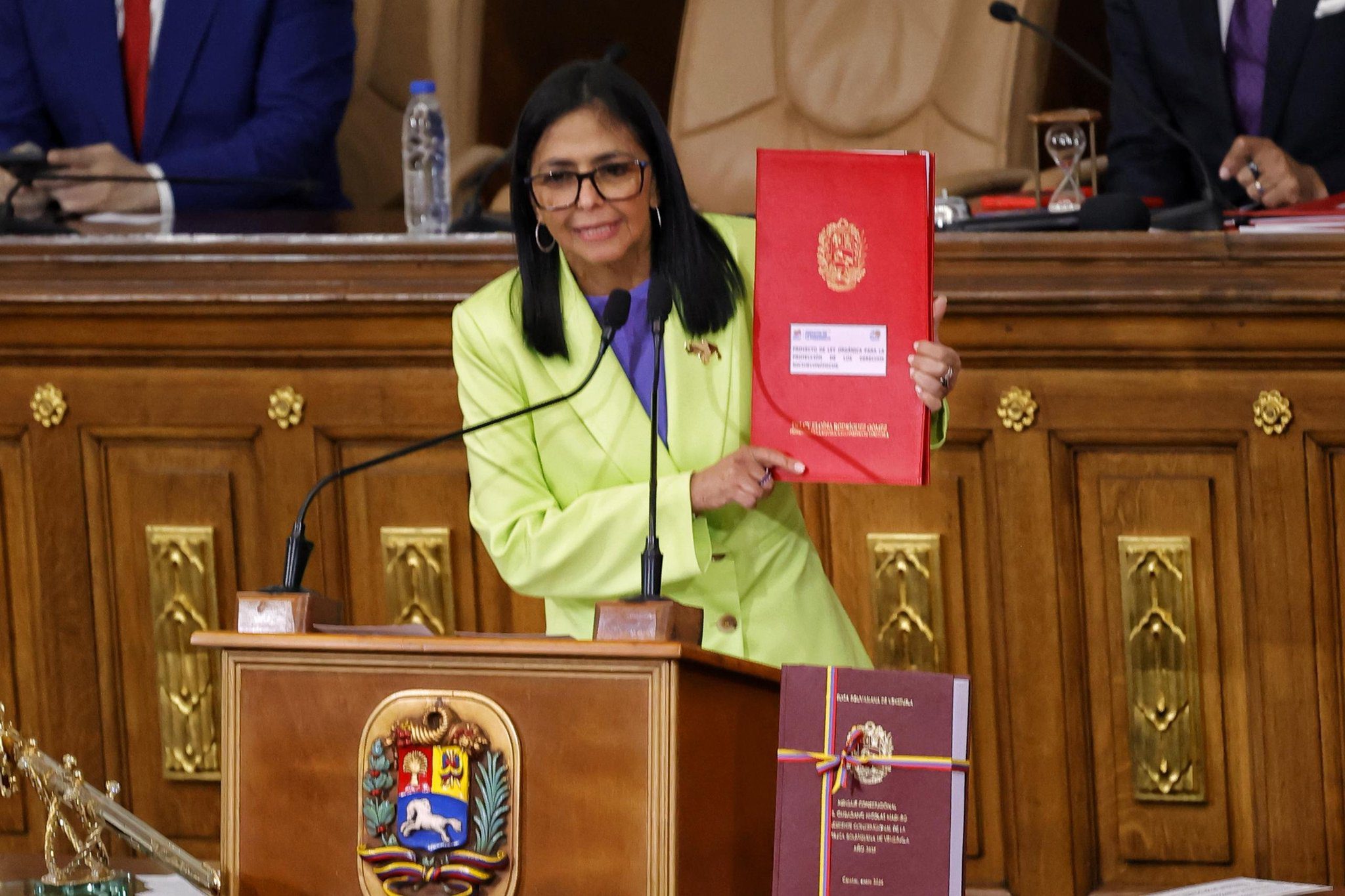Pressure on the Venezuelan government continues, while the U.S. administration maintains that its actions aim to protect its borders and eradicate large-scale drug trafficking. Photo: Michael C. Dougherty, U.S. Southern Command Public Affairs.
Guacamaya, September 16, 2025. The United States confirmed on Tuesday that its military forces have attacked a total of three vessels allegedly originating from Venezuela, all reportedly linked to drug trafficking. This update comes one day after President Donald Trump announced the sinking of a boat that resulted in three fatalities.
The U.S. president stated that although his administration had previously reported two strikes, the actual number of vessels taken down by U.S. forces is three. “We took down boats. It was actually three boats, not two, but you saw two,” he told the press. The first attack occurred on September 2 and left 11 people dead.
On Sunday, September 14, Trump had mentioned two attacks following the military deployment in the Caribbean, though details of the second incident remained unclear. In the most recent strike, announced yesterday, at least three men were reported killed. As of Tuesday, only the first and third attacks have been publicly detailed.
Trump has justified these operations as part of a broader campaign to halt the flow of narcotics, referring to those involved as “confirmed narcoterrorists from Venezuela” transporting illicit substances to U.S. territory. He warned that the fight against drug cartels would extend both at sea and on land.
When asked about the Venezuelan government’s concerns over these actions, Trump responded: “Stop sending the Tren de Aragua to the United States. Stop sending drugs to the United States.” He also claimed there has been a noticeable drop in maritime traffic. “There aren’t many boats in the water. I can’t imagine why. Not even fishing boats,” he said.
These remarks can be interpreted in at least two ways: one suggests that the U.S. military presence in the Caribbean has successfully deterred Venezuelan maritime activity—both official and civilian. The other implies a possible de-escalation of the conflict and regional tensions.
From the Venezuelan government, led by Nicolás Maduro, the U.S. actions have been labeled as military aggression. Caracas has accused Washington of using anti-drug operations as a pretext to provoke regime change. The administration also denounced an alleged assault by U.S. marines on a Venezuelan fishing vessel.
The recent escalation has sparked concern across regional and international actors, as well as among U.S. lawmakers and human rights advocates. Many have voiced alarm over the use of military force without formal Congressional authorization and the risk of a broader armed conflict in the region.

